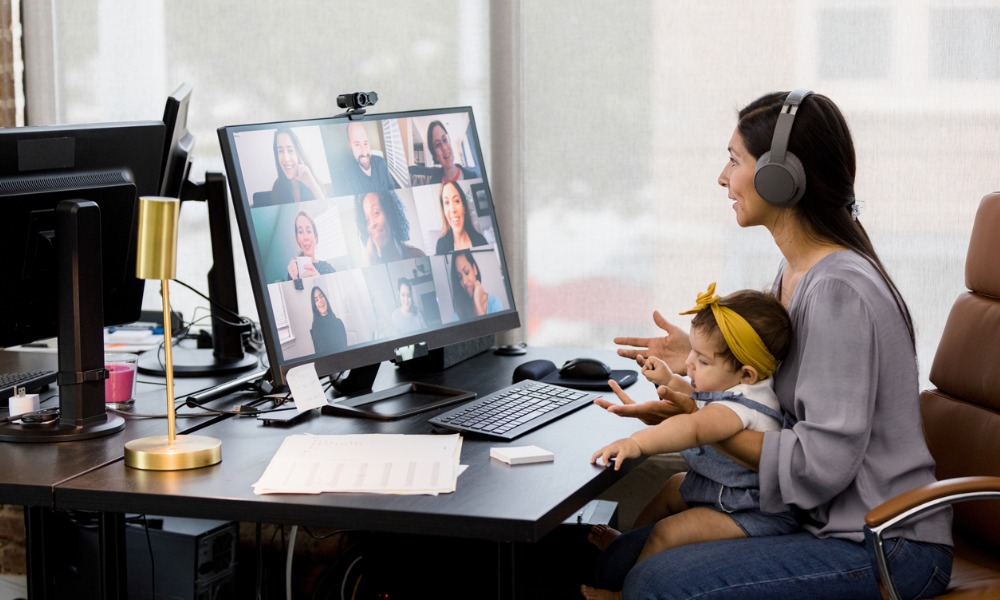
New report shows employees want childcare support from employers

Organisations now appear to be more open to working parents than a decade ago, but support for them in workplaces remains limited, according to a new report.
Bright Horizons' Modern Family Index, which surveyed 2,004 respondents in the United States, found that parents are less likely to feel afraid that their family responsibilities will have negative implications at work.
According to the index, only 29% of parents in 2024 are worried that their family responsibilities will cost them a raise, much fewer than the 39% in 2014. Fewer parents are also afraid that family responsibilities will cost them a promotion (26%) or their job (28%).
Despite easing concerns, the report found limited support in the workplace for working parents, where only less than third said they get help in paying for childcare (29%) and for on-site childcare (24%)
Furthermore, 36% of working parents said the availability of childcare support at work has worsened.
The findings come as the report found that working parents are now more likely to feel "unafraid to put family first."
It discovered that more than three in four employees (78%) are more comfortable talking about their family-related responsibilities with their employer.
Stephen Kramer, CEO of Bright Horizons, said the findings indicate the major change that employees have gone through over the last decade.
"They are no longer afraid to speak up about the support they need and want to be productive at home and work. They have high expectations of themselves and are demanding the same from their employers," Kramer said in a statement.
In fact, seven in 10 said working for a company that has benefits to support work-life balance is "non-negotiable" for them, according to the report.
Another 66% also said they are willing to wait in growing their families until they find a company that has better familiar/family planning benefits.
More than a three-quarters of working parents (78%) said having benefits and support at work that accommodate their needs is important to them.
The most sought-after benefit for working parents is receiving assistance with childcare (46%), followed by access to an onsite childcare (43%).
Some 45% said they want more flexibility, while 40% said they want unlimited remote work, according to the report.
In the wake of working parents' more steadfast attitude, the report said this presents an opportunity for employers in fostering a family friendly workplace culture.
"Employers who lean in and support employees with meaningful benefits will cement workplace cultures as family-friendly, positioning their organisations as the places that the next generation will want to build their careers," Kramer said.